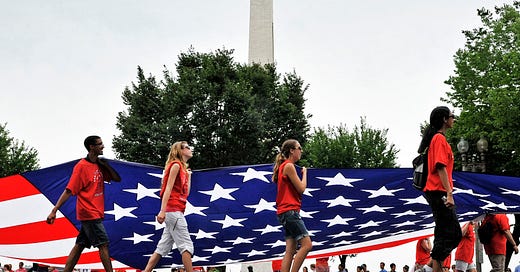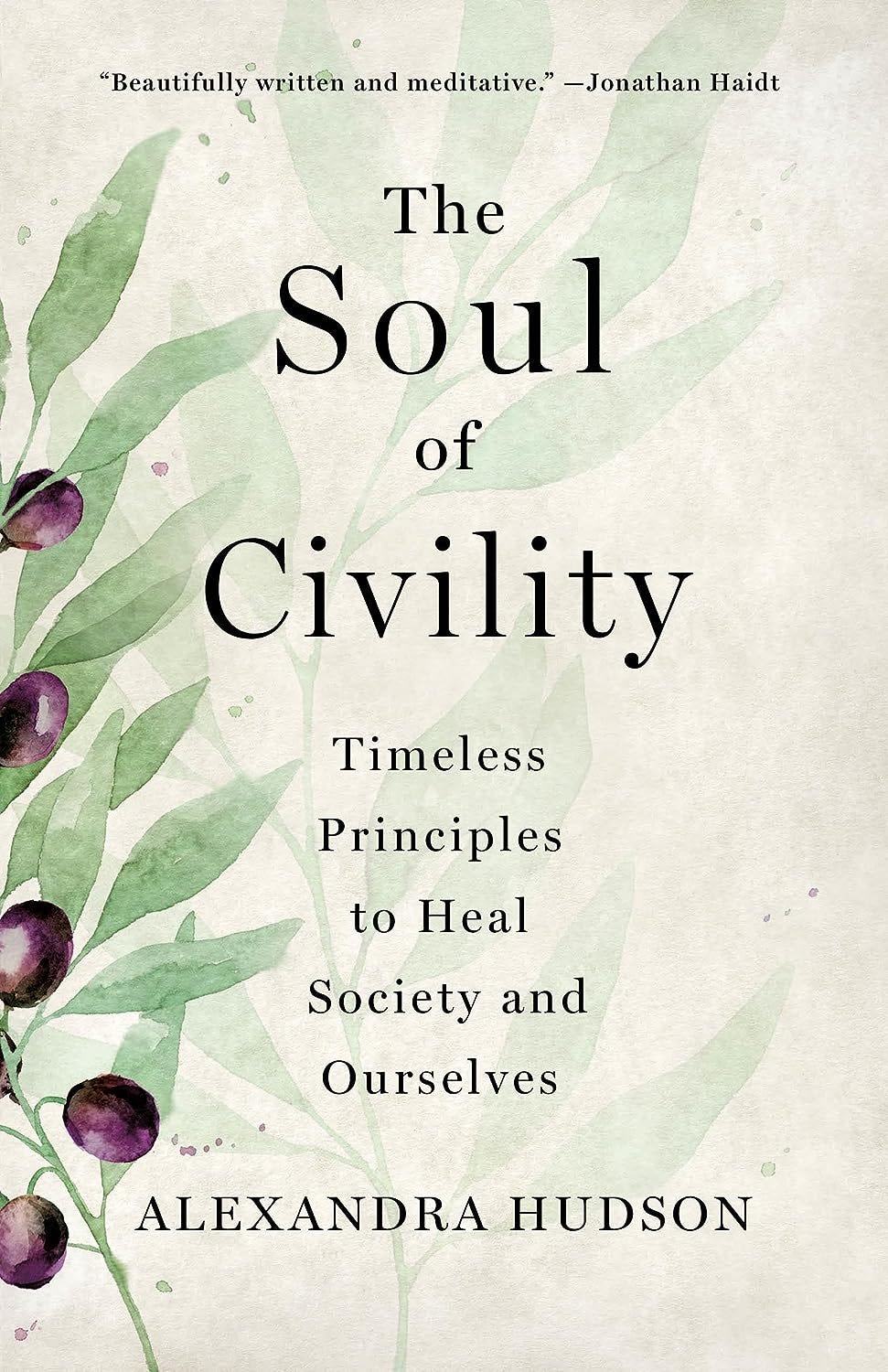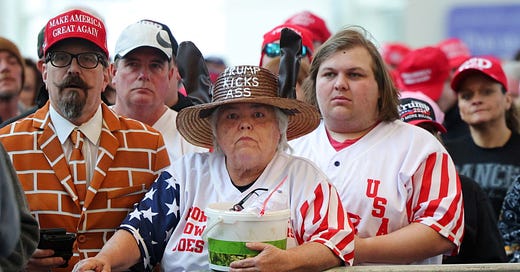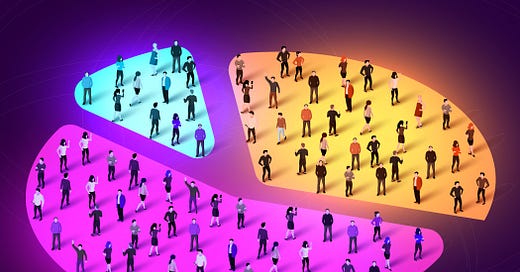
Discover more from The Bulwark
[This article is adapted from the author’s new book, The Soul of Civility: Timeless Principles to Heal Society and Ourselves, just published by St. Martin’s Press.]
Donald Trump’s ascendance to the pinnacle of American public life was a stressor to our nation’s, and our world’s, problem with incivility. But incivility among public officials, or in human affairs in general, is nothing new. Trump’s crass behavior exposed problems and heightened divisions that have long existed both in our nature and in contemporary culture.
Civility is the stuff that makes a free society—especially a democracy—work. It promotes reasoned, tempered dialogue and interactions between citizens, a virtue of civility that is especially important for our lawmakers. Civility builds an active willingness to listen to others, to consider their point of view alongside our own, and to evaluate varying conceptions of “the good.” The civil citizen accepts that others have genuinely held moral positions, and that reasonable minds can disagree. Civility promotes basic decency while also taking certain modes of action off the table.
Meanwhile, a lack of civility leads to social dysfunction and decay. This is something of a paradox, though, as democracies pose a particular challenge to the imposition of tight social norms. Having a healthy respect for personal autonomy and individual freedom means that we must sometimes allow people the freedom not to follow social norms, too.
If we are to rebuild civility, there are important roles for both public leaders and citizens. Public leaders reflect what they think voters want. And citizens often mirror what their leaders do on social media, radio, and television. So public leaders must work to decrease partisanship and promote tolerance. Their conduct, their tone, and the ways they use their platform have effects that ripple through the broader society.
Public leaders should respect their citizens by ennobling them with their speech. They should not use them as pawns for self-gain. Leaders should remember that when they forsake their conscience, they hurt their country, they disrespect their citizens, and they also hurt themselves. And citizens must not allow themselves to be used. They must see through naked ambition and spurn leaders who debase and inflame with their rhetoric.
Our national motto is E pluribus unum—“out of many, one.” We must see one another as persons first—connected and unified by our common humanity, and caring more about common decency and kindness than about which fork to use. This is what allows us to coexist amid deep difference. It is also what allows for reasoned, spirited debate—the bloodline of democracy. Discourse on topics of the first order—religion, philosophy, politics—is possible only when we recognize that differences are not problems to be fixed but resources to be mined. Remembering this is central to our free and democratic society.
A path toward a depolarized, more tolerant, and more civil future begins with each of us—public leaders and citizens alike—choosing to see, love, and respect the dignity and diversity of one another. How can we do that in practice? Here are eight ways we can each work to promote tolerance, reduce partisanship, and restore and reenergize civility:
Remember that reasonable minds will disagree on important subjects. Civility means that even unreasonable minds deserve some level of respect. This is because our disagreement does not negate our irreducible value as persons. In fact, it’s when we differ from, or disagree with, others—especially on topics of great weight—that we need civility most. Civility requires that we owe a bare minimum of respect to others, even when we vehemently disagree.
Unbundle people. Resist the temptation to define people by one aspect of who they are or by their worst trait or decision. Unbundling people can help us reclaim a full, nuanced, and rich view of the human person. It can help us see the part in light of the whole, mistakes in light of virtues. Each of us is a little bit good and a little bit bad. Let’s recognize and embrace this aspect of our humanity and not view the world and others through a cheapened, static simplicity.
When you get into a disagreement with a friend or family member, remember context—the entirety of the history and relationship you have with them. Keep that front of mind when you get into disagreements. Don’t let disagreements—even disagreements on big, important issues—be the focal point of your relationship. There’s more to life than politics. Having relationships is the life well-lived.
Remember the transformative power of friendship. Allowing ourselves to surrender self-love—and to be formed, inspired, and motivated to regularly surrender self-love—enables us to discover eudaimonic friendship that deepens our soul, makes us more human and humane, and helps us thrive personally and socially.
Stay curious about the many reasons people come to their beliefs about the world. Remember that everyone has something to teach us.
Don’t publicly shame and abuse others—don’t exert power over them while they are defenseless. Instead of bludgeoning and silencing people into conformity, civility empowers diversity of expression—and, crucially, cultural tolerance of diverse views.
Form friendships across difference, and then strive to be taught and formed by friendship. Basic trust, affection, and friendship makes navigating difference with others easier. Trust and friendship can be cultivated. But—like civilization itself—they are fragile and can easily be broken. They must be vigilantly nurtured in order for them to prevail.
Finally, remember the difference between civility and politeness. Politeness relates to the form, the technique, of an act. Civility is deeper; it speaks to the motivation behind our conduct that sees other persons as our moral equals and worthy of basic respect. True friendship requires civil truth-telling in love, not patronizing politeness.
Subscribe to The Bulwark
Analysis and reporting on politics and culture in America. Home to Sarah Longwell, Tim Miller, Bill Kristol, JVL, Sam Stein, and more. No partisan loyalties. No tribal prejudices.



















